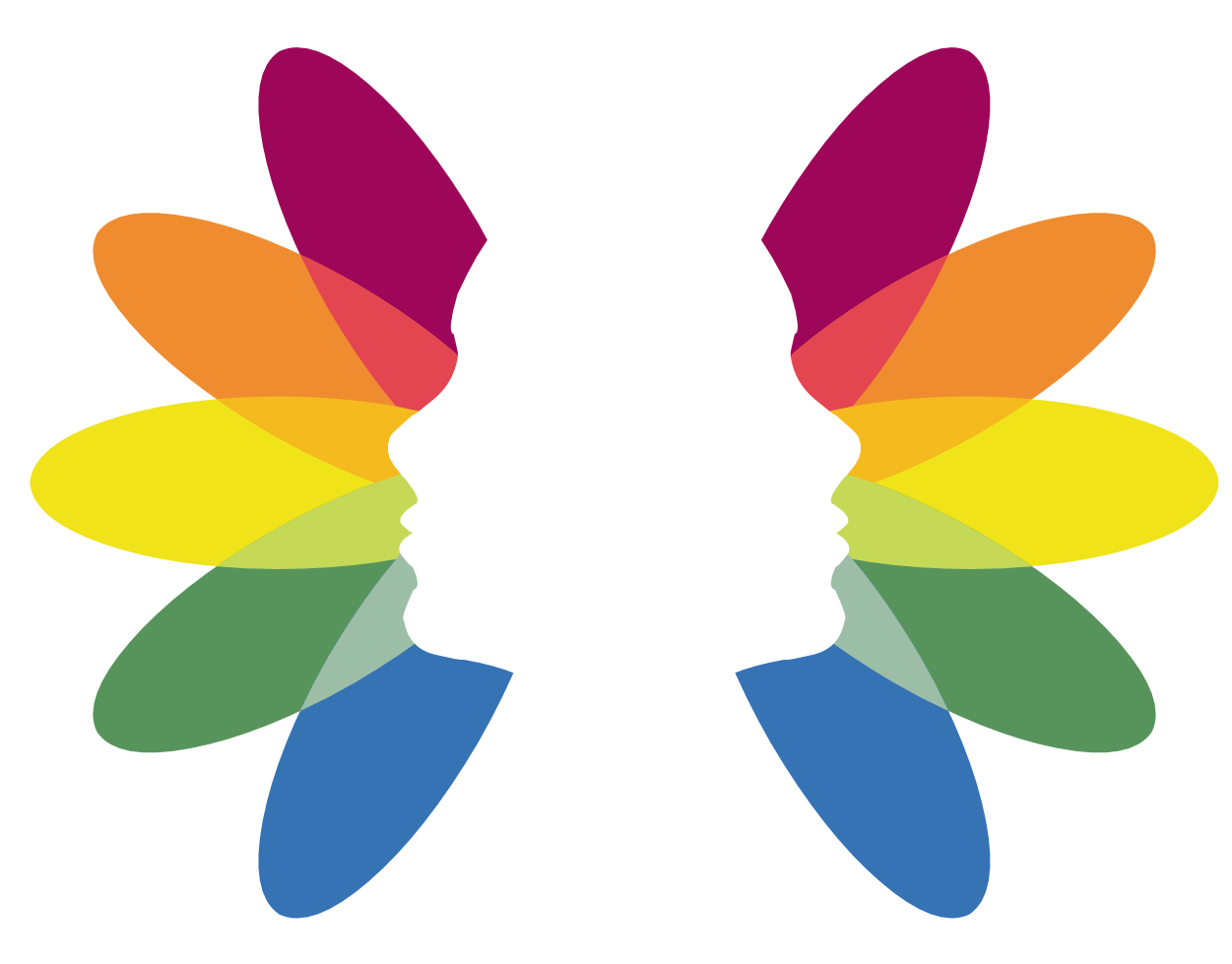Our brains love patterns. It helps us to automate tasks we do frequently, which saves us effort and energy. When we do things like driving, scrolling through facebook, buttering toast or other familiar tasks, we can often do them on auto-pilot. This even includes some social activities, like greeting each other, or standing in line in the supermarket.
However, with social distancing, we’re being asked to radically change a lot of our habitual patterns and responses. This can be difficult to do, as now we need to really concentrate on things we previously did on autopilot. This is where mindfulness can help.
Mindfulness is basically about being better able to direct our attention to where we want it to be. It helps us to train our minds to be calm, focus on what we need to focus on, and to minimise our thoughts jumping all around the place in a random fashion.
The neuropsychology behind this is really fascinating. The brain is full of trillions of tiny neurons which are constantly communicating and forming networks. These networks determine how we act, what we think, and how we figure out what’s going on in the world around us. But these networks are constantly changing and adjusting. Just like a muscle, the neural networks we use more often get stronger; whilst the networks we ignore (sometimes intentionally) get weaker. So, practicing mindfulness is like a workout for the brain (but with less sweat). We strengthen up the good neural networks we want more of (such as the new habits we want to form); whilst weakening the ones that get in our way, or that aren’t serving us well (like our natural inclination to stand close to the person in front of us in the supermarket queue).
In addition to helping us learn new habits by being better able to pay attention to them, some of the other ‘brain muscles’ mindfulness has been shown to strengthen include:
Those that help us become aware of themselves and of others and so be more compassionate
Learning to respond to situations in a thought out, reasonable way; rather than relying on ‘flight, fright or fight’ reactions
To understand that our negative feelings can be the body’s physical response; and to learn that by using our rational mind, we can influence and change these feelings for the better
To recognise moments of happiness and gratitude, which can protect and improve our mental health, and increase our resilience in difficult times.
Practicing mindfulness has been shown to have numerous other benefits. These include improvements in self-regulation, better focus (handy for working from home), improved anxiety management and higher levels of empathy, optimism and emotional control. All of these are things we can benefit from right now. Even just a few minutes of practice each day can give us the benefits.
If you’ve previously practiced mindfulness, now is the time to dust off that practice, or perhaps engage in a bit more of it. If you’re new to it, Headspace (my favourite mindfulness app) has a number of free resources they’ve put together specifically for the current situation in a programme called ‘Weathering the Storm’ . It is available at https://www.headspace.com/covid-19, and you can also download their app on Android or Apple. A quick search using ‘Mindful Practice’ on YouTube will also bring up a rake of options so you can choose the length of time that suits, and a voice tone you find works for you.
Image courtesy of www.pngtree.com
Gillian Martin is a Chartered Psychologist with the Psychological Society of Ireland, and a Board Certified Behaviour Analyst


